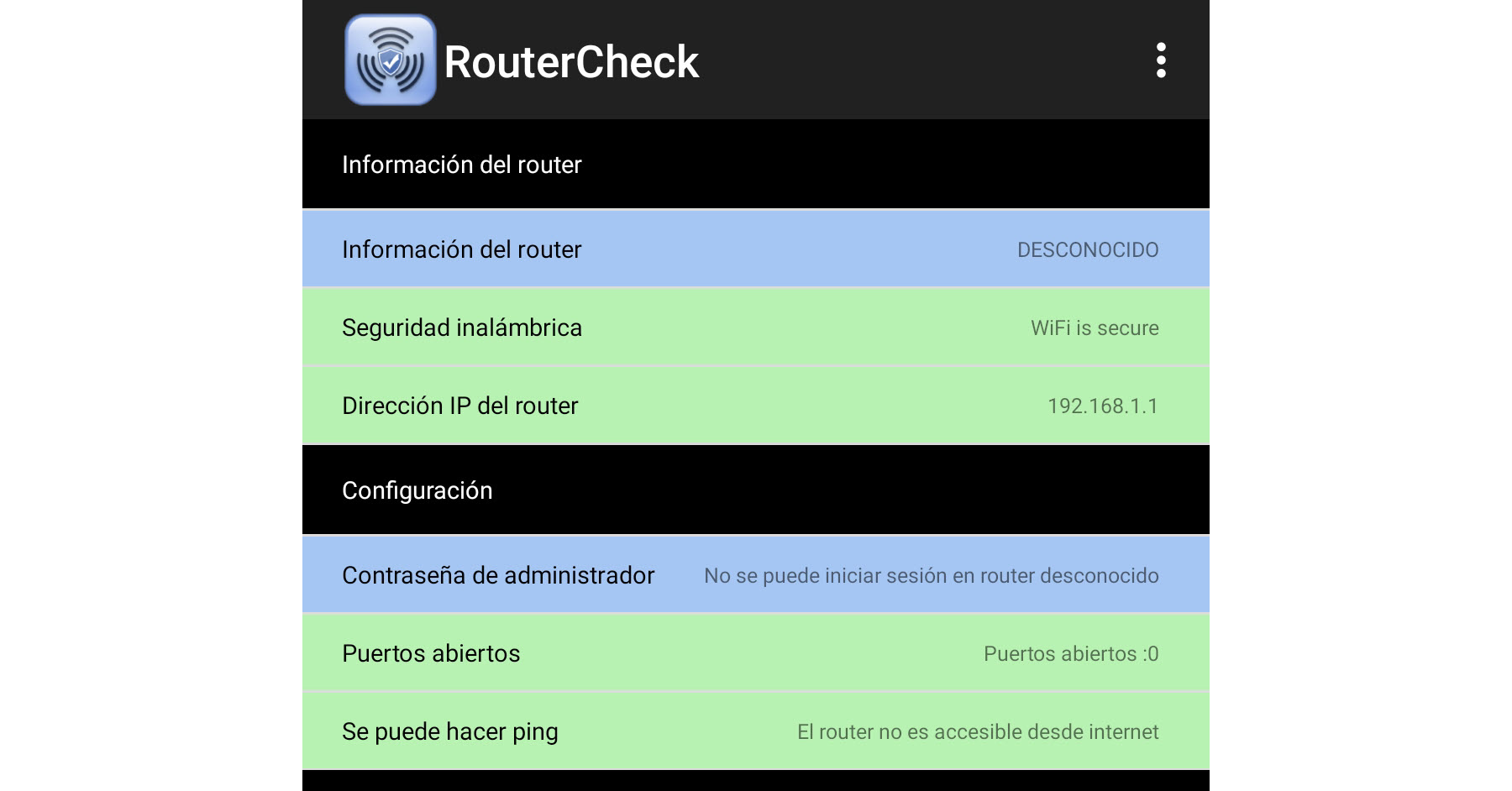
The router or "wifi modem" is that small computer that provides internet access at home, and when it does not have a secure internal configuration, it can not only allow neighbors to steal the internet, but even hackers to take control of the internet. network and home computers or devices. Yes that includes that they can hack your PC, cell phone and other devices in your house remotely from the other side of the world..
A weak or insecure configuration can not only allow neighbors and strangers to discover the Wi-Fi password to steal the internet, but they can even obtain the access password to the settings of the router or modem itself to obtain total control over that network . There are programs and applications such as Router Keygen (which has a version for Android) or Reaver that allow you to do this without having to be an expert on this subject.
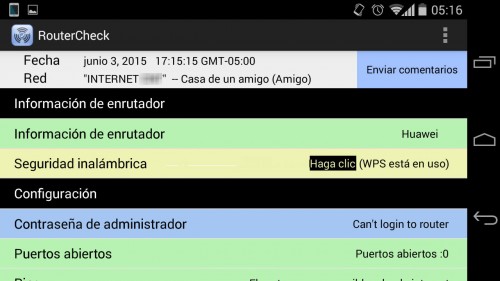
A simple Android application like RouterCheck (which can be downloaded for free at this link ) allows newbies to networks or networking to find out the security problems that the home Wi-Fi modem or router has, and even know how to fix those problems. It is in charge of testing the security of the router password, the encryption used by the WiFi, if there are open ports, if it is accessible from the internet, it determines if the configured DNS servers are safe and it also checks if it is affected by other common vulnerabilities..
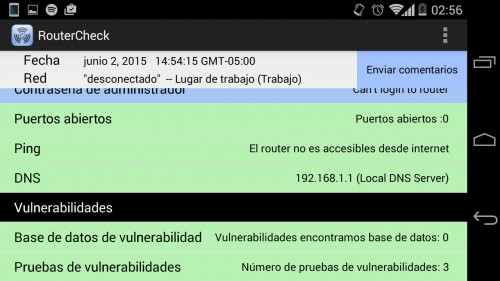
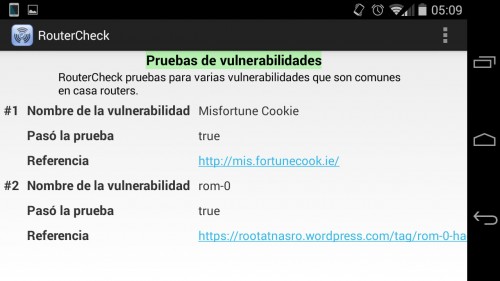
The application explains what each of these parameters means. The color of each block has a meaning: red = bad, yellow = caution, green = good, and blue = cannot be tested. For yellow or red blocks, it tells you how to fix that insecure configuration.
One of the most common security problems in most routers is that they maintain the default or factory password (such as 1234), which, for various reasons, has never been changed by the owner. RouterCheck tries to enter the router using the most common default passwords and the most used by people to test this aspect. If you get a blue color here, it is understood that the application could not enter, so the password is relatively strong..
Another problem that RouterCheck detects is if the WPS option is activated in the router or modem (something that is activated by the factory in most of these computers) and suggests deactivating it because this option, specifically the WPS PIN , is vulnerable to attacks from brute force used to obtain the router key easily with programs like Reaver.
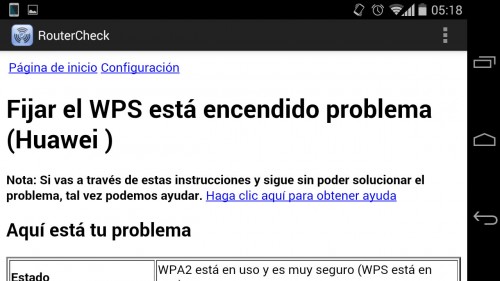
It also detects if the router has been affected by the malicious DNS Changer Trojan or has other technical vulnerabilities that should be reviewed a bit (the application itself offers a lot of information about this) and that would be interesting to discuss in the comments section.
How to know who is connected to my WiFi
How to open ports on a router or modem (DMZ, UPnP, public IP)
How to know the password key of WIFIs!